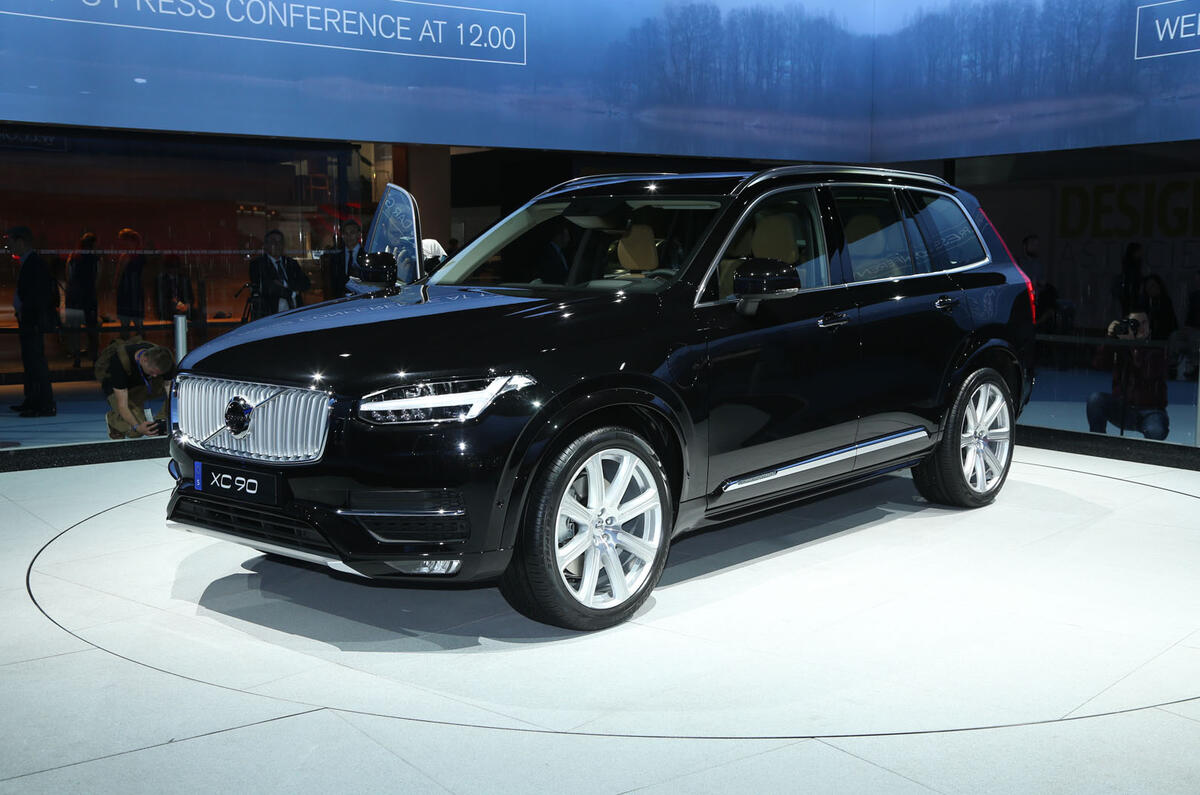Volvo’s new generation of cars will call time on ‘bling’ in premium car design, according to the company’s German design boss Thomas Ingenlath.
Ingenlath, who has been at the Swedish carmaker for two and half years, said he thought buyers would begin to turn away from ‘flashy’ design especially if it disguises a "lack of real content".
"You can make big jumps in design when a brand is establishing itself but, after that, it is all about sophistication," he said. "In terms of design language, premium doesn’t need to jump about. [In future] premium design will be about consistency over time."
Ingenlath’s comments, made at the recent Geneva motor show, were reflected by Land Rover design boss Gerry McGovern, who was also speaking at Geneva.
McGovern said the approach for the recent facelift of the Evoque was "not to change it, but to improve and refine the design" and to "increase and refine the interior luxury".
He said this approach to luxury was already in evidence on the fashion world’s catwalks where ‘flashy’ design had been replaced by a more polished and refined look.
According to Ingenlath, this shift in premium design is a natural move for a Swedish company. "In Sweden it is not done to show personal wealth – expect, perhaps for owning a boat," he said. "I really had to explain to many people in the company how luxury could be related to the Volvo brand.
"You have to understand how people live in Sweden. You might argue that having the Swedish landscape and ultra-clean air is a kind of ultimate luxury compared to many places in the rest of the world." Swedish luxury, he hints, is public rather than private or personal.
Ingenlath makes it clear that expressing luxury in consumer items is very much frowned upon in Sweden. But pushing the Volvo brand upmarket required him and his team to come up with a design language that bridges both Swedish sensibilities and the need to appeal to global premium car buyers.
The belief that "premium design doesn’t need to radiate content" is, he said, reflected in the cabin of the new Volvo XC90, which is dominated by a large tablet-style touchscreen. "Although the XC90 does, on paper, compete with German SUVs, the interior gives the passenger a completely different experience and has a very different flair," he said.
Ingenlth also denied that Volvo "was becoming an SUV company", despite the Volvo XC60 and XC90 being long-term best sellers. "You must not under-estimate the saloon market in China and America," he said, adding that Volvo would still produce estate cars, despite small sales.





Join the debate
Add your comment
Some people have obviously
Never thought ...
ordinary bloke wrote:....
They've made cars ten times more desirable and better looking than Skoda!
Hmmm - maybe
That said, I do quite fancy a new XC90 but with the smallest wheels possible